All Stories
-
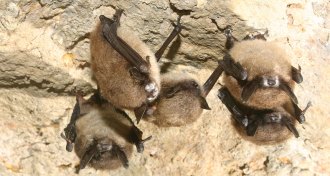 Animals
AnimalsWhite-nose bat disease jumps the Rockies to Washington state
For the first time, the bat-killing white-nose syndrome shows up west of the Rockies.
By Susan Milius -
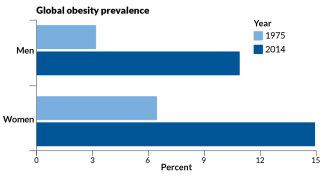 Health & Medicine
Health & MedicineGlobal obesity rates continue to climb
Despite public health campaigns, the worldwide prevalence of obesity is on the rise, an analysis of BMI data suggest.
By Meghan Rosen -
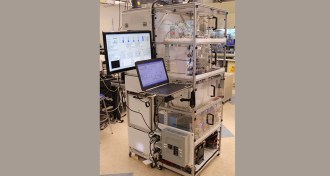 Health & Medicine
Health & MedicineMachine makes drugs on demand
A new drug-making system rapidly produces a variety of medications on demand.
-
 Health & Medicine
Health & MedicineFridge-sized contraption makes drugs on demand
A new drug-making system rapidly produces a variety of medications on demand.
-
 Astronomy
AstronomyOdd white dwarf found with mostly oxygen atmosphere
A white dwarf that has been stripped of its hydrogen and helium provides a rare peek inside the core of a dead massive star.
-
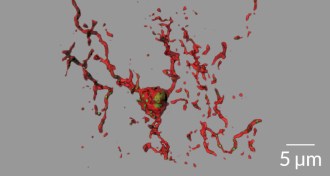 Neuroscience
NeuroscienceNerve cell links severed in early stages of Alzheimer’s
Nerve cell connections may be trimmed too much in early stages of Alzheimer’s.
-
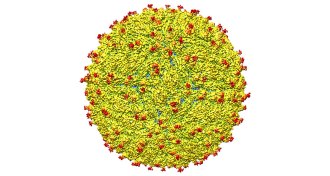 Life
LifeZika structure mapped for first time
The newly solved structure of Zika offers scientists clues on how to combat the virus.
By Meghan Rosen -
 Animals
AnimalsAncient snake wore green
Scientists have reconstructed the skin coloration of a fossilized snake that’s about 10 million years old.
-
 Animals
AnimalsGreen was this ancient snake’s signature color
Scientists have reconstructed the skin coloration of a fossilized snake that’s about 10 million years old.
-
 Health & Medicine
Health & MedicineEnvironment still tied to MS risk
50 years ago, scientists reported a possible connection between the environment and multiple sclerosis risk.
-
 Health & Medicine
Health & MedicineShould C-section babies get wiped down with vagina microbes?
A study suggests that a post-birth rubdown with vaginal fluid offers starter microbes to babies born by C-section. But it might not always be a good idea.
-
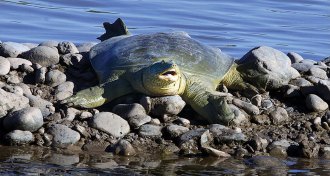 Archaeology
ArchaeologyAncient Assyrians buried their dead with turtles
Why did ancient Assyrians bury their dead with turtles? The reptiles may have served as symbolic protectors of the dead.